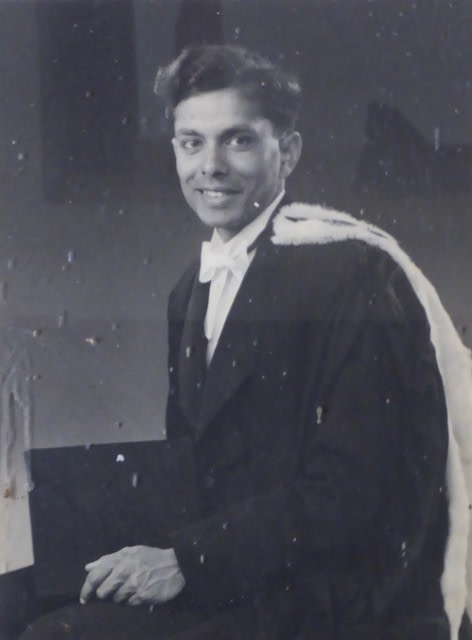
Sevaka Yohan Devananda, born John Cooray, was an Anglican priest whose life exemplified unwavering dedication to social justice and community upliftment. Known for his work with underprivileged rural Sinhala youth, farmers, and workers, Devananda shed traditional clerical titles in favor of "Sevaka," meaning servant or worker, reflecting his deep commitment to serving others.
After studying History at Cambridge University, Devananda returned to Sri Lanka in 1951 and was ordained in the Diocese of Kurunegala. Encouraged by Bishop Lakshman Wickremasinghe, he founded Devasarana in 1960, a unique initiative in Ibbagamuwa, Kurunegala. Devasarana blended Christian monastic traditions with Buddhist and Hindu philosophies, guided by Christian theology and Socialist ideals. This visionary project evolved into a collective farm after the 1971 JVP uprising, providing alternative livelihoods for unemployed rural youth and fostering a network that revitalized farmers' movements, including the All Ceylon Farmers Federation.
Devasarana became a sanctuary for the politically persecuted and a hub of activism, publishing the Goviyā, the ACFF's newspaper. Devananda also played a crucial role in founding the Vimukthi Dharma Kendraya and the Progressive Women’s Front, which later became the Women’s Development Foundation. His efforts extended into the ’80s as ethnic tensions escalated, promoting inter-religious and inter-cultural dialogue. Notably, Devasarana published War or Peace: Lanka’s Ethnic Problem, warning of the looming violence just before the 1983 anti-Tamil pogrom.
In later years, Devananda's activism included staunch opposition to violence against journalists, participating in protests defending figures like Lasantha Wickrematunge and Pradeep Eknaligoda. Alongside his wife, Malini Weerasinghe—an educationist, activist, and one of the first ordained women priests in Sri Lanka—Devananda continued to address pressing socio-political issues. Malini's initiative, Meth Piyasa, tackled challenges faced by women during the civil war, complementing the broader vision of Devasarana.
Sevaka Yohan Devananda's legacy remains an inspiring testament to faith, activism, and transformative leadership in the face of adversity.
This article is based on content from the Princeton University Library Digital Repository. Learn more about Yohan Devananda’s impactful life and work here.

